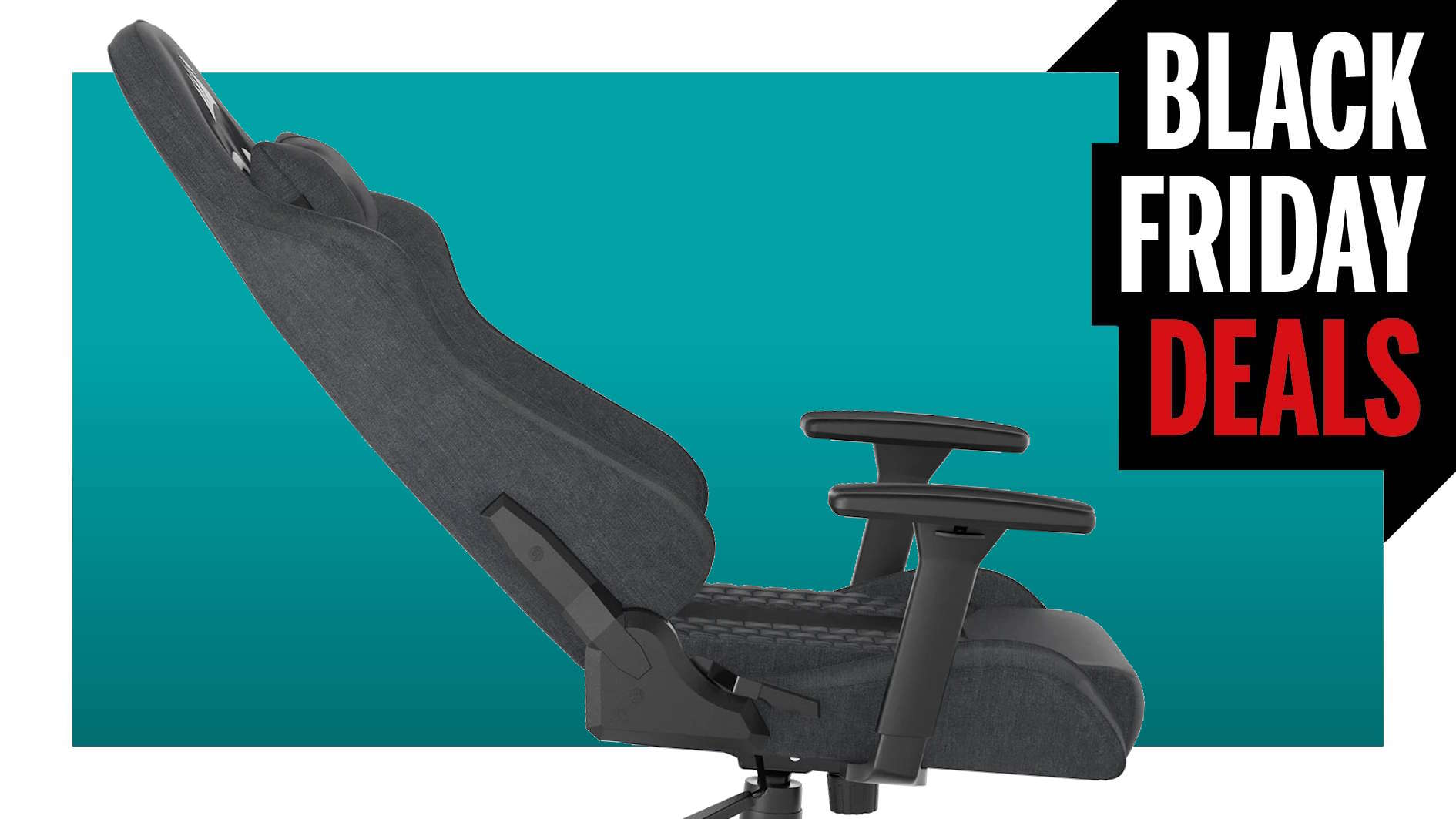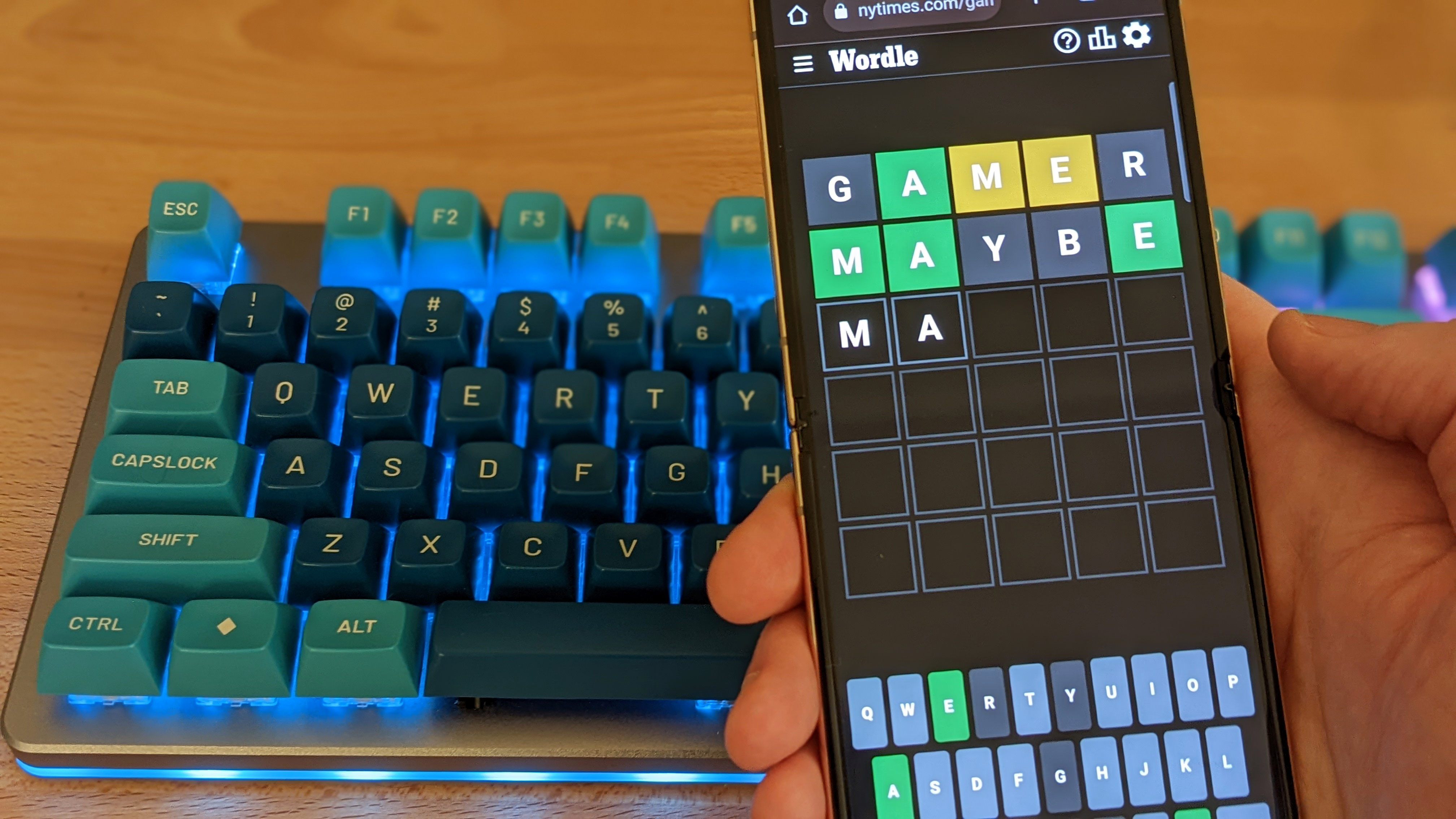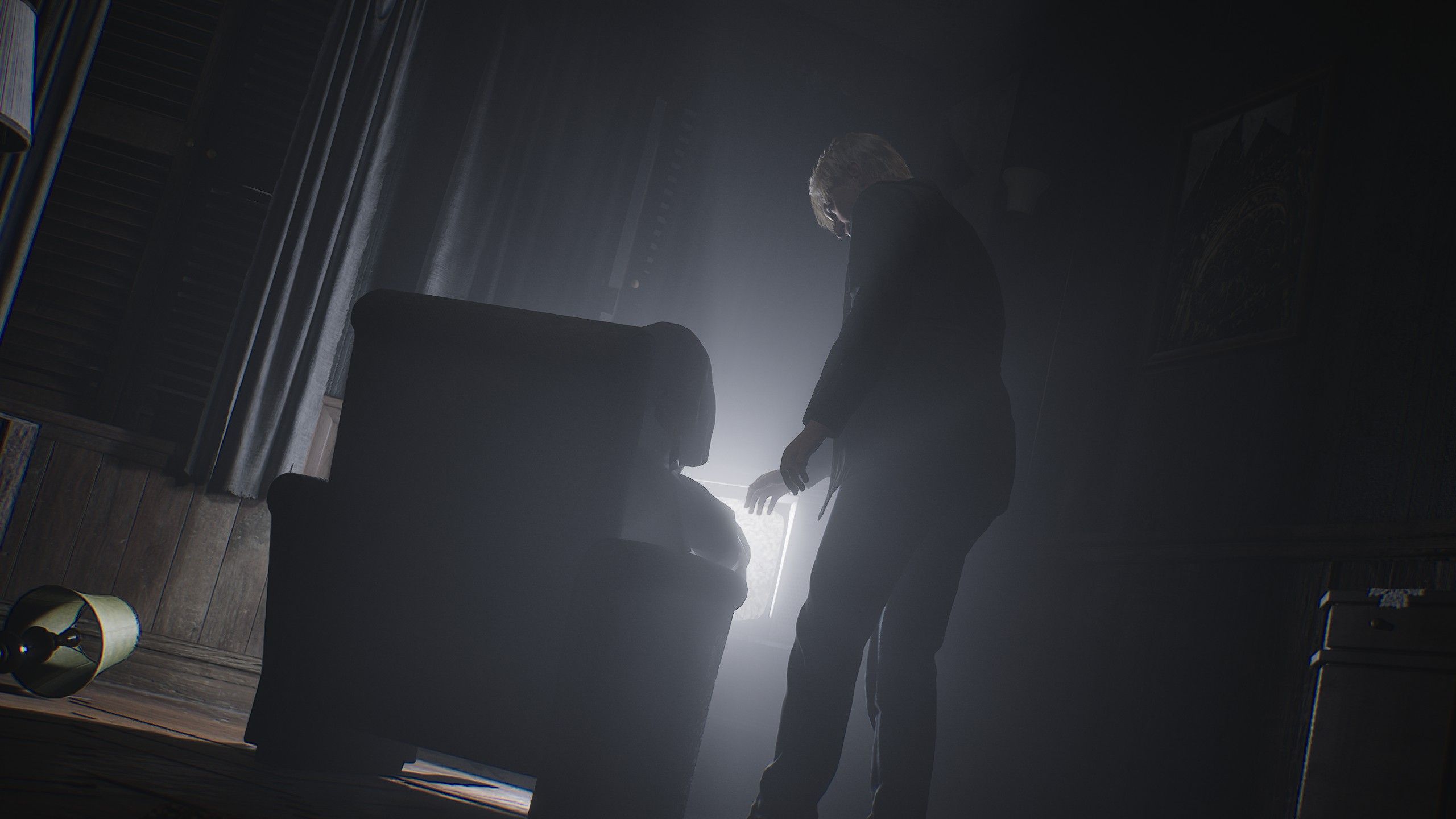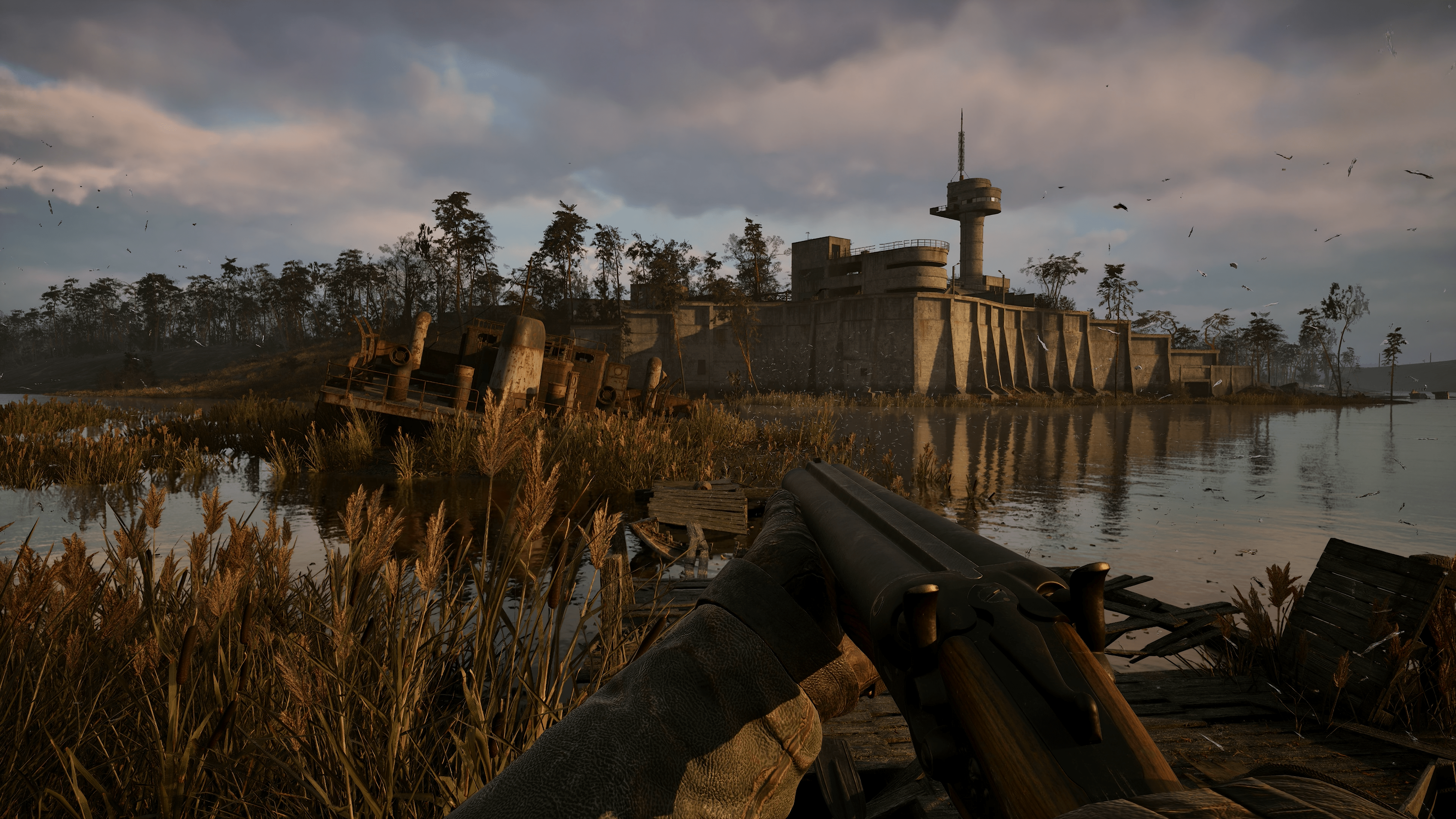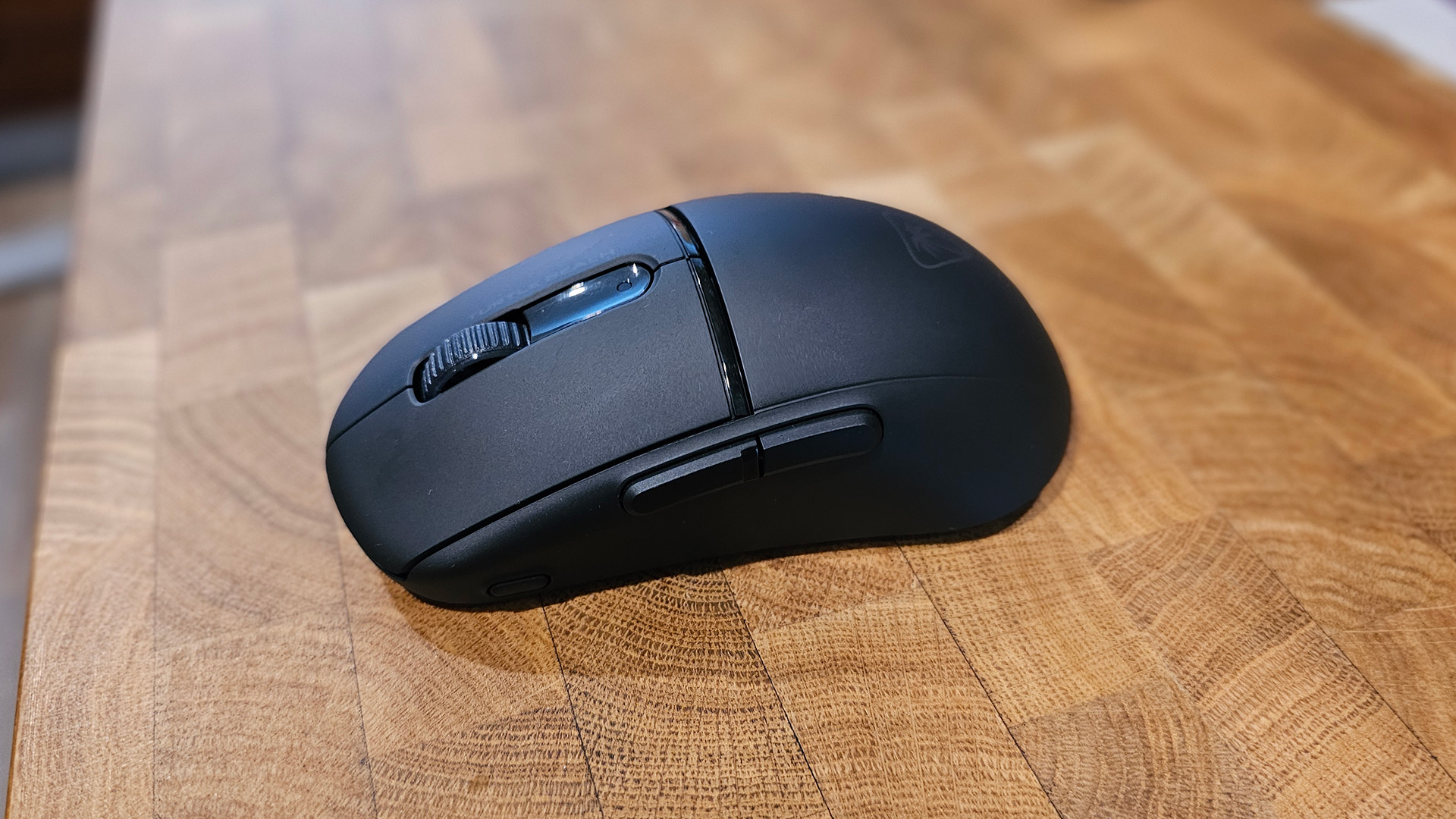
Light and fast, with everything you need from a competitive gaming mouse.
When looking to buy a new gaming mouse it’s easy to get lost in a sea of RGB and mice with more buttons than you could ever possibly know what to do with. But every once in a while a gaming mouse comes along and focuses on feeling good to use and performing to an exceptional standard. That’s exactly what the Turtle Beach Burst II Air offers—performance over style.
While unboxing the Turtle Beach Burst II Air I can tell this mouse hasn’t been designed to be a showpiece for your gaming setup. It instead focuses on simplicity and performance. The Turtle Beach Burst II Air’s box simply contains a USB-C to USB-A charging cable, a USB transmitter, a USB-A to USB-C adapter, and some extra grip tape and skates.
While the Turtle Beach Burst II Air and its packaging might not boast the most exciting design out there, it’s refreshingly lightweight at just 47 g. To the point that it glides effortlessly, making it a great choice for competitive gamers.
While I can happily say that I’m a fan of the basic, lightweight design, the plastic shell does seem to attract fingerprints, leaving me to clean the mouse more frequently than I have with other gaming mice. The plastic shell also feels a little on the cheap side, but that is often the case with ultra-light competitive gaming mice.
When it comes to wireless gaming mice, one of my biggest gripes is the battery life. There are so many wireless gaming mice out there that boast impressive, long-lasting batteries, but the Turtle Beach’s is way up there at up to 120-hour battery life. Even after days of use, thus far it’s yet to have needed even a single charge. Even if the mouse does run out of battery, which the Turtle Beach Swarm 2 software will warn you of in advance, you can simply plug it in and carry on in wired mode.
Speaking of Swarm 2, for a mouse that looks simple on the outside, there’s a lot you can alter with Turtle Beach’s software: from the DPI, which ranges from 50 to a whopping 26,000 dots per inch, to the debounce time allowing you to alter how quickly clicks are identified.
While the app is incredibly useful and easy to use, thanks to the ability to set multiple profiles you might find yourself relying on it less once you’ve got everything set up just how you like it.
But, if you prefer to make changes on the fly, Swarm II is an intuitive piece of software that requires almost no technical knowledge, and just mere moments to change your mouse’s settings to fit the game you’re playing.
(Image credit: Future)
On top of that, you can adjust macros, change the polling rate (with four set increments ranging between 125 to 1,000), there’s a setting to change the standby mode, making it easier to conserve the device’s battery, and even a motion sync mode, designed to increase the sensor’s responsiveness.
The Owl-Eye 26k DPI/650 IPS (16.5 m/s) optical sensor seemed to offer impressive accuracy, but as always, I ran it through MouseTester to see just how good the tracking performance is.
Tested at 1,000 Hz — The spikes represent an increase in velocity, with more erratic spikes showing tracking going haywire. (Image credit: Future)
Tested at 1,000 Hz — The closer the dots are together, the more consistent a mouse is reporting movement. More variation or stray dots makes for a less accurate sensor. (Image credit: Future)
Tested at 1,000 Hz — Each dot represents an update, which corresponds to the polling rate. Every 1 ms should mark a single update on a 1,000 Hz mouse. (Image credit: Future)
We’re looking for smooth arches in the charts and we got them. There are no real surprises as you can see in the images above: the sensor tracks swift movements adeptly, with little variation, and the polling rate is bang-on 1,000 Hz. No complaints here.
We did run into an issue with our first review sample and a seemingly b0rked sensor, though our replacement ran into no issues at all.
(Image credit: Future)
While some gamers might have preferred a polling rate above 1 kHz, personally if I’m playing competitive games I want the best fps possible, so I couldn’t really complain about the Turtle Beach Burst II Air maxing out polling at 1 kHz. Not only do higher polling rates put more of a strain on your CPU but they can also drain the battery life of your mouse. Considering the Turtle Beach Burst II Air’s battery lasts so impressively long, it wouldn’t make sense to add a feature that could ruin the battery life, as well as some of your game’s performance.
It’s also worth noting that Titan Switch Optical, pre-tensioned buttons offer extremely satisfying clicks, similar to that of using a mechanical keyboard. Some gamers might prefer something a little more silent, however, I found them to be both responsive and satisfying to use.
(Image credit: Future)
✅ You need an ultra-lightweight competitive gaming mouse: If you’re playing competitive games, you want an ultra-light mouse. At just 47 g there’s not much out there as light as the Turtle Beach Burst II Air.
✅ You want a mouse that has a long-lasting battery: With up to 120 hours of battery life, this mouse ticks all the right boxes for anyone who’s fed up with their wireless mouse dying on them mid-game.
❌ You want a stylish RGB mouse: If you’re looking for something as a centerpiece to your RGB gaming rig, the Turtle Beach Burst II Air might perform well, but what it offers in performance, it lacks in style.
❌ You’re not a competitive gamer: While the Turtle Beach Burst II Air is an exceptional mouse, it’s better suited for competitive gaming. If you’re a casual gamer, there are better options out there.
Speaking of buttons, the mouse features six programmable buttons, including a DPS button on the side to quickly change the DPS settings without having to access the Swarm II software. Another handy feature is the ability to create up to six different profiles, letting me completely customise the mouse, its settings, and buttons, which made it easy to change the mouse quickly, depending on what game I was playing.
After using the Turtle Beach Burst II Air for the past few weeks, I’ve gone from someone who had never even considered using a more basic lightweight mouse, (and probably still won’t as I don’t play competitive games enough) to someone who completely understands their place now, and the benefits they have for competitive gamers.
As to whether I recommend the Turtle Beach Burst II Air, the answer is simple: if you’re a competitive gamer, yes, this mouse is lightweight, comfortable, satisfying to use, and more importantly won’t die on you mid-game. But if you’re more of a casual gamer, there are better gaming mice out there for you, with more programmable buttons, and more features.
While there are plenty of other competitive gaming mice out there, all with tons more features and a far superior design, sometimes less is more. This is where the Turtle Beach Burst II really shines.
